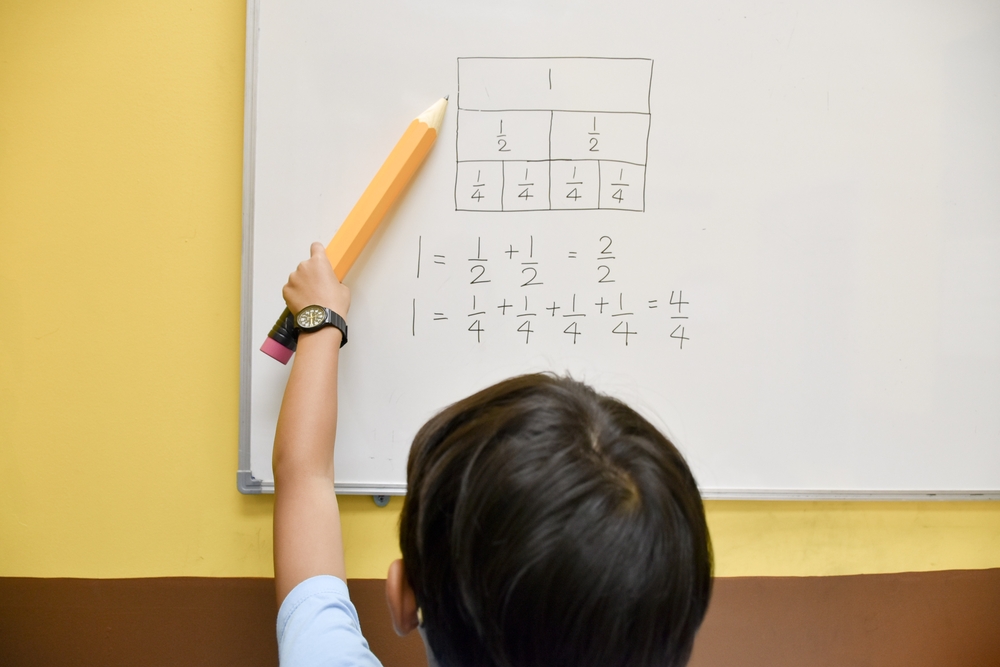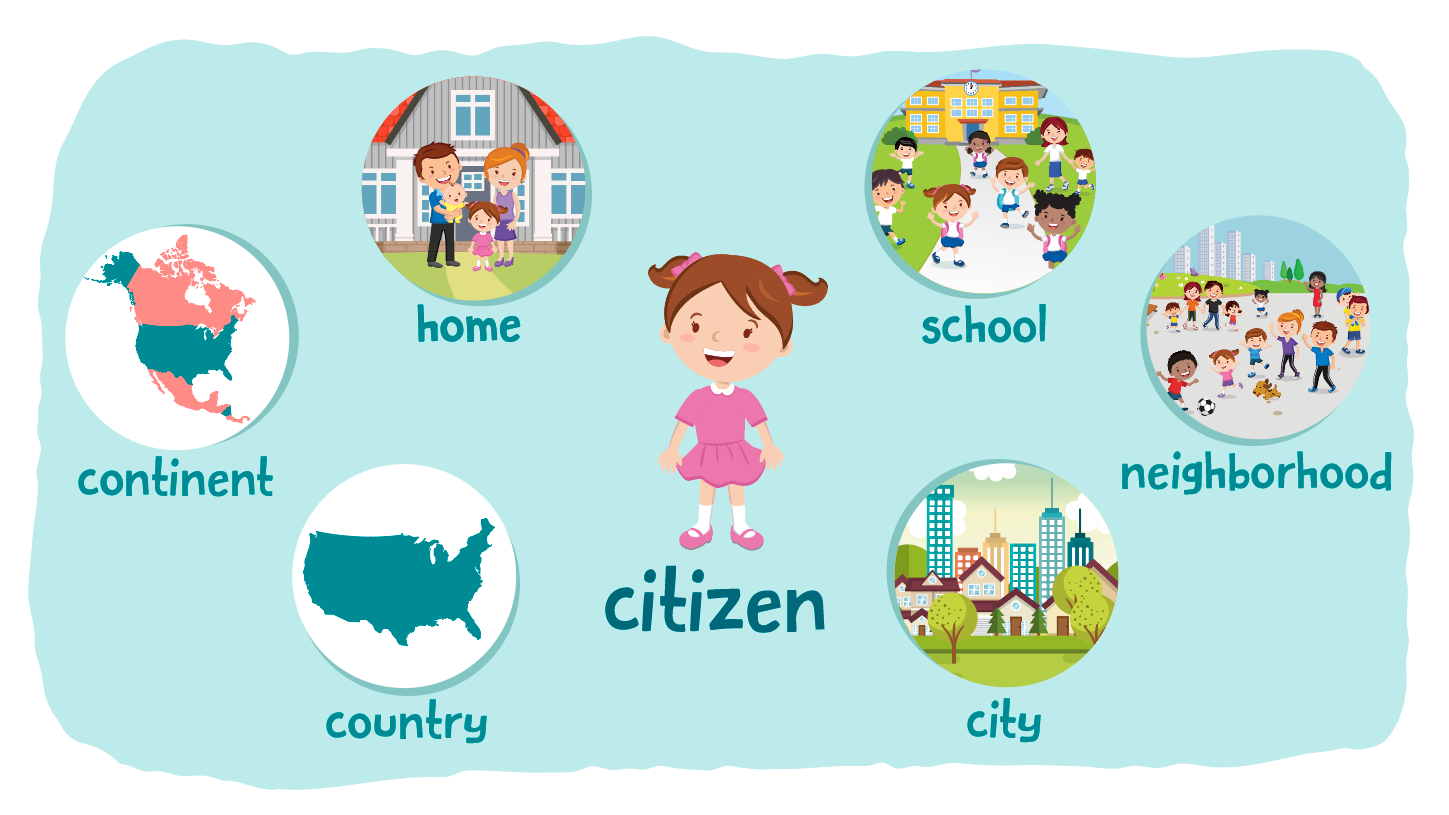Matching worksheets activities for Kindergarten
55 filtered results
-
From - To
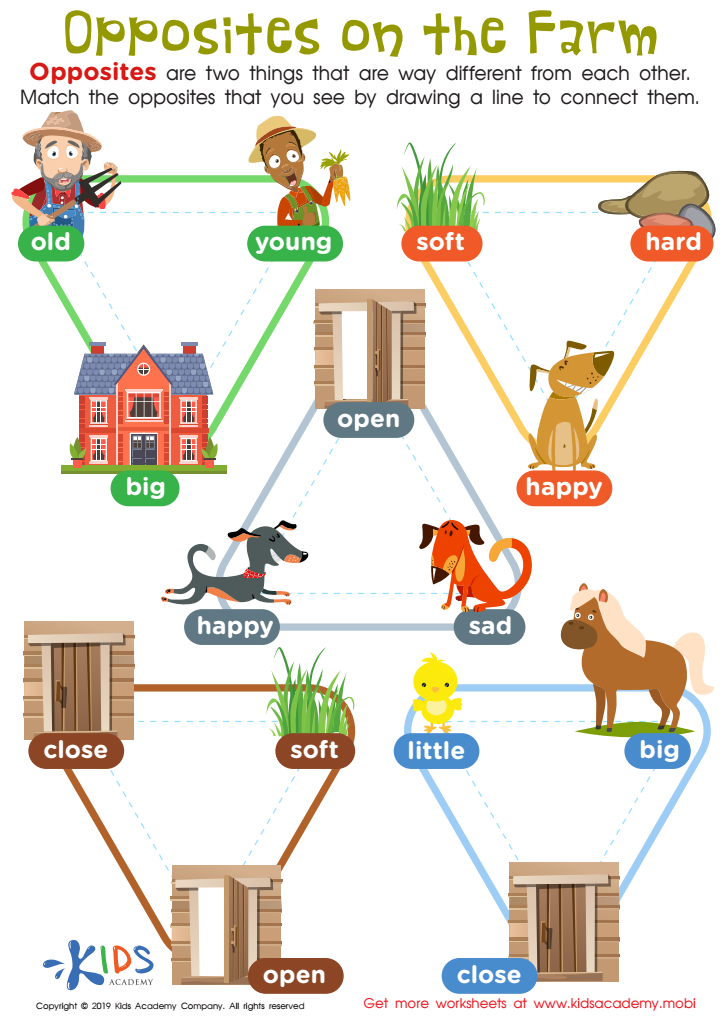

Opposites on the Farm Worksheet
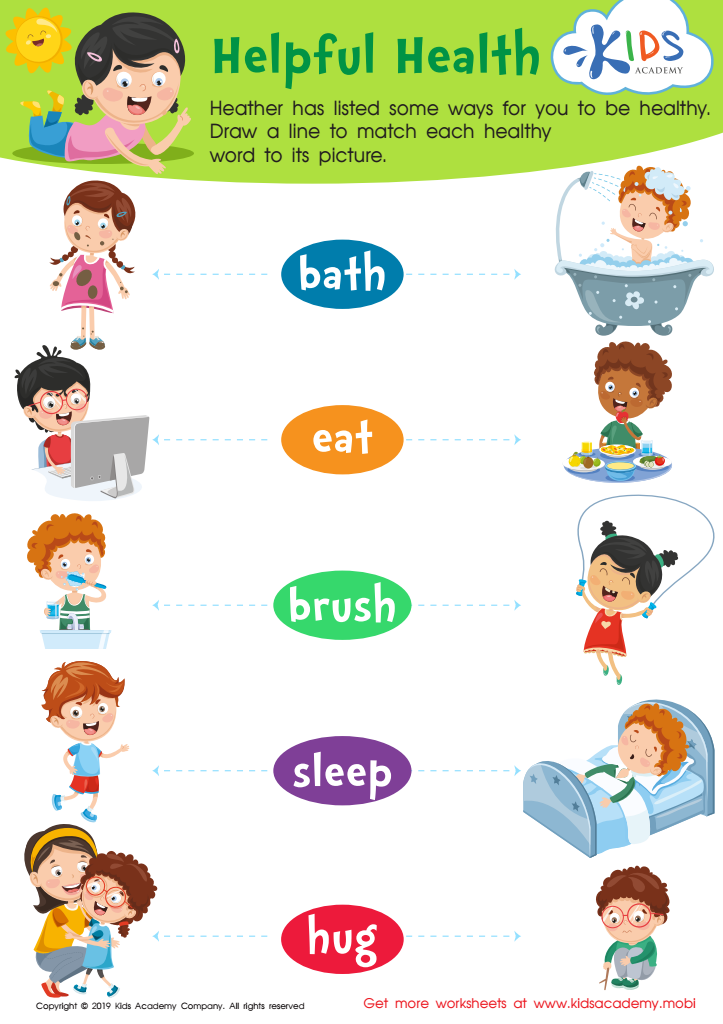

Helpful Health Worksheet


The 5 Sense Scientist Worksheet
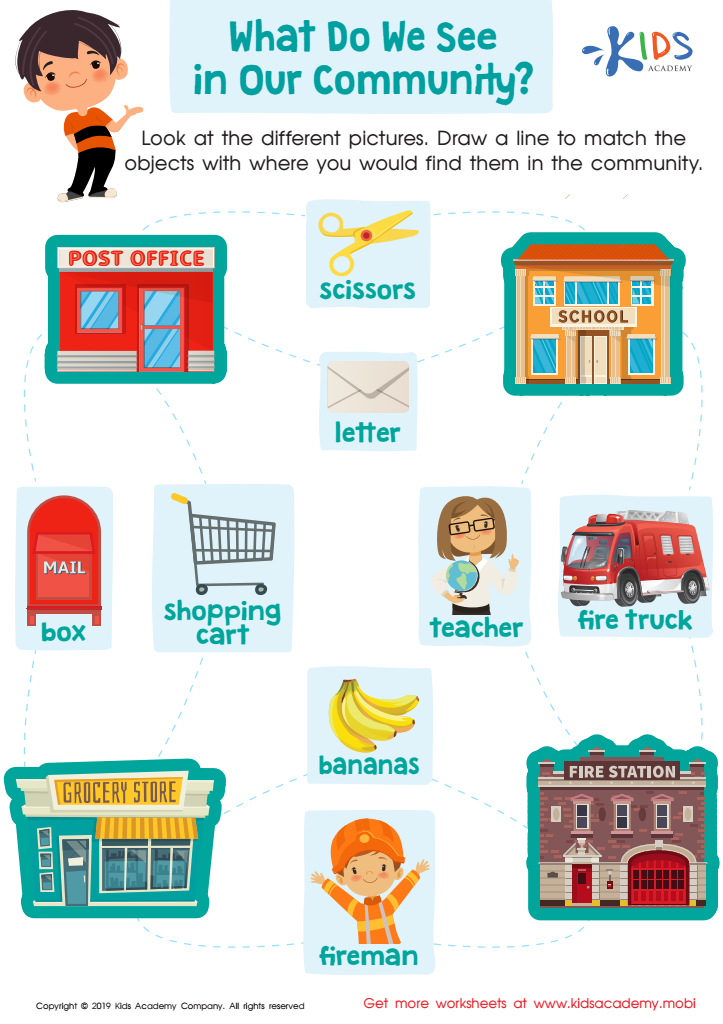

What Do We See in our Community? Worksheet
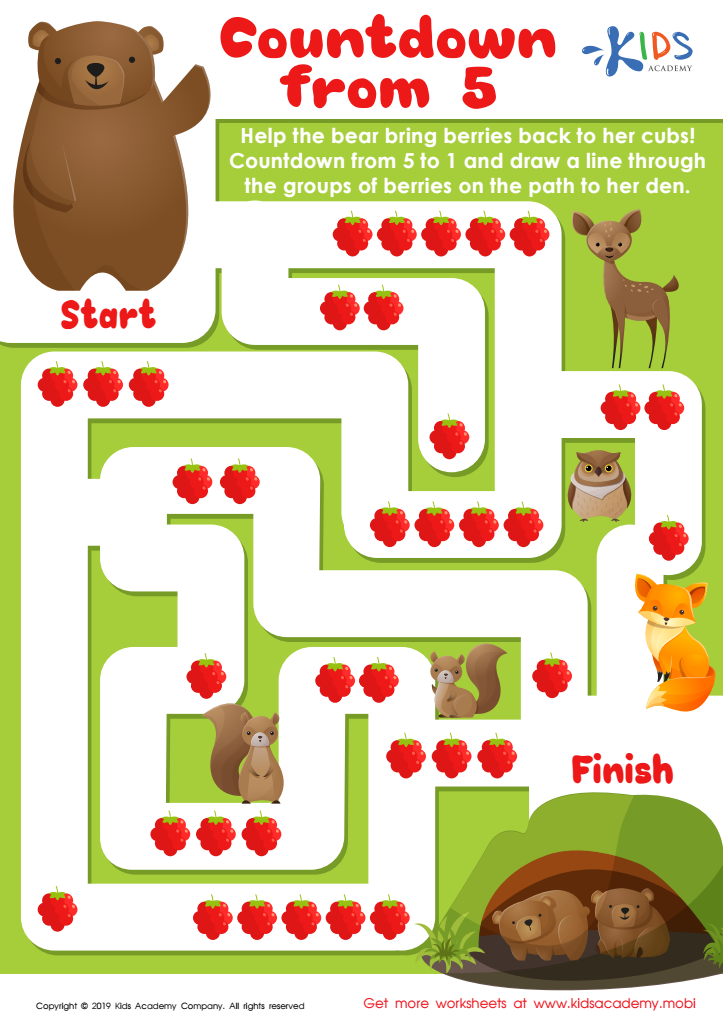

Countdown from 5 Worksheet


Frog Countdown Worksheet
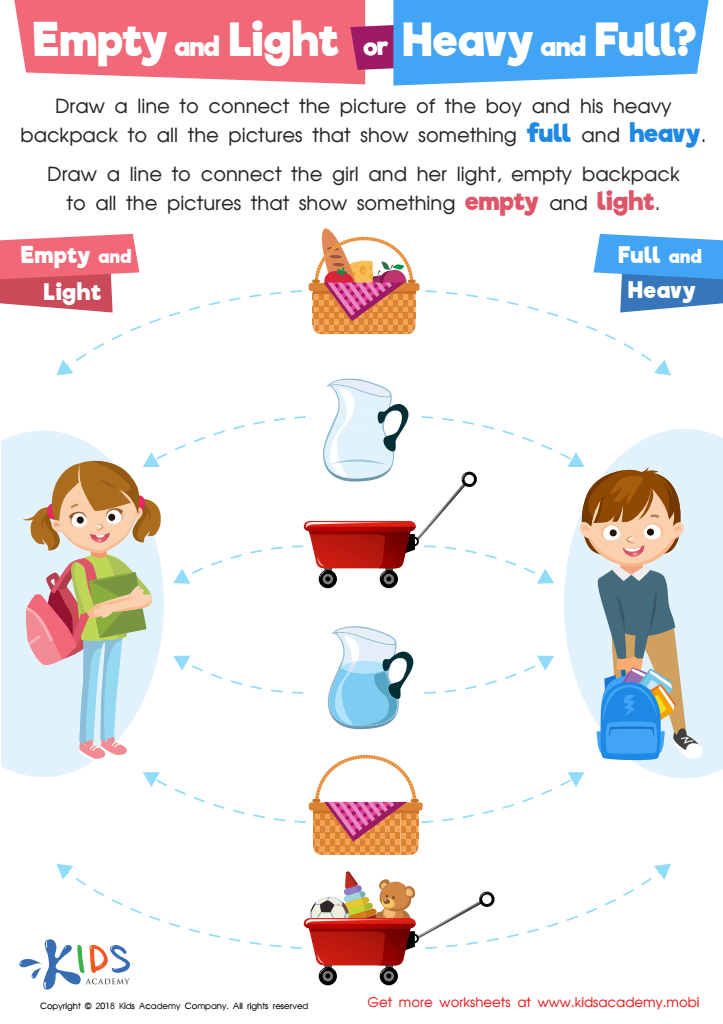

Empty and Light or Heavy and Full? Worksheet
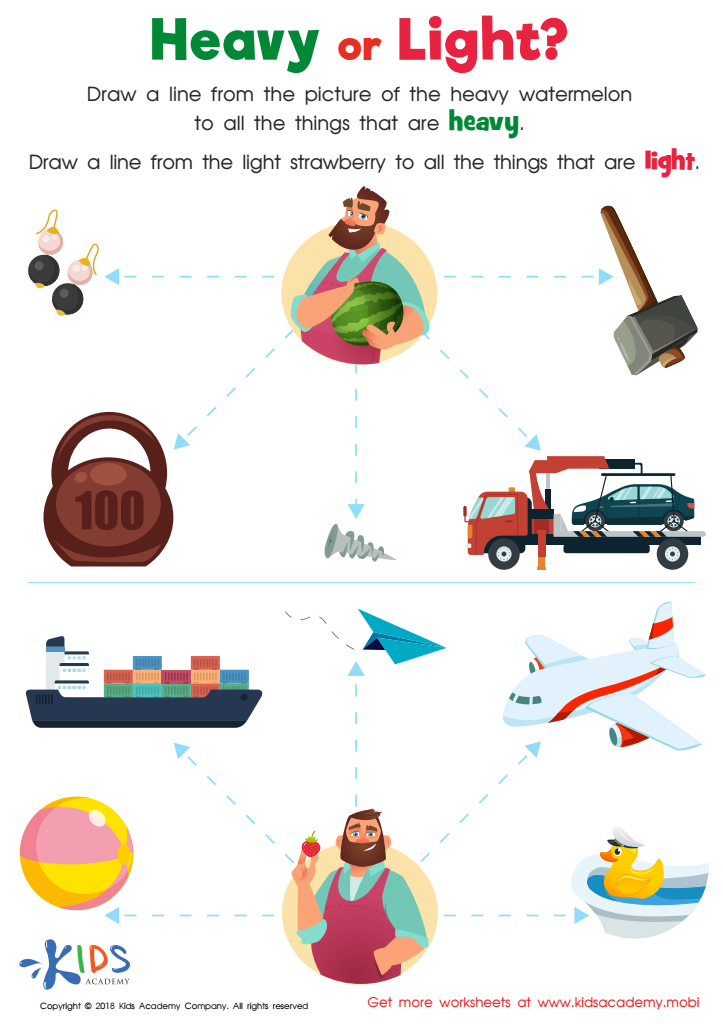

Heavy or Light? Worksheet
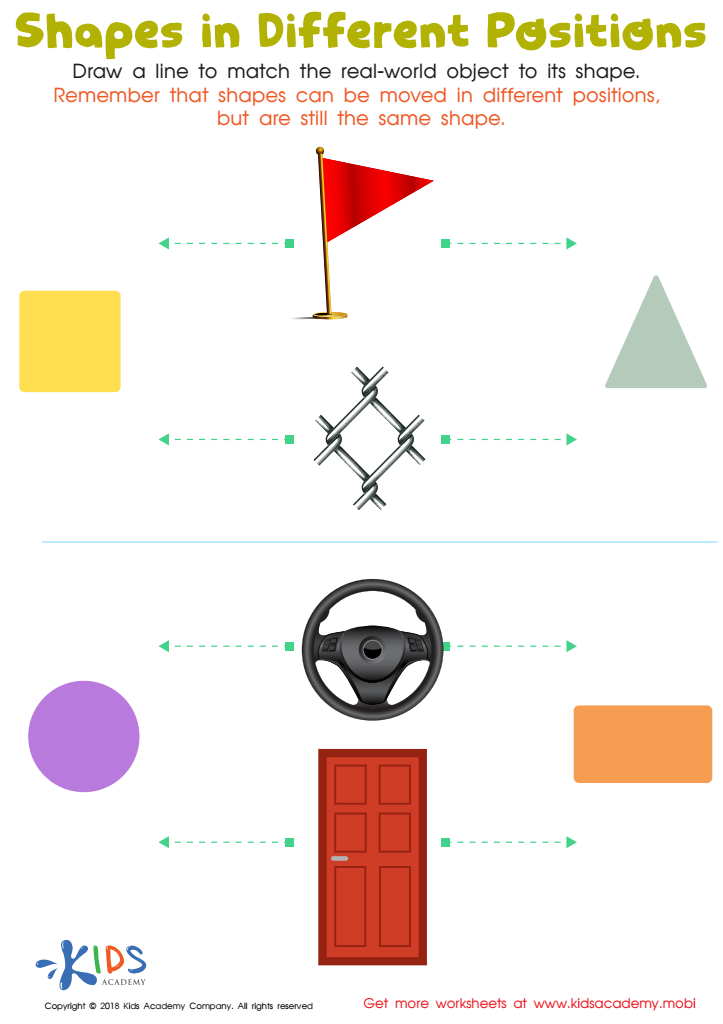

Shapes in Different Positions Worksheet
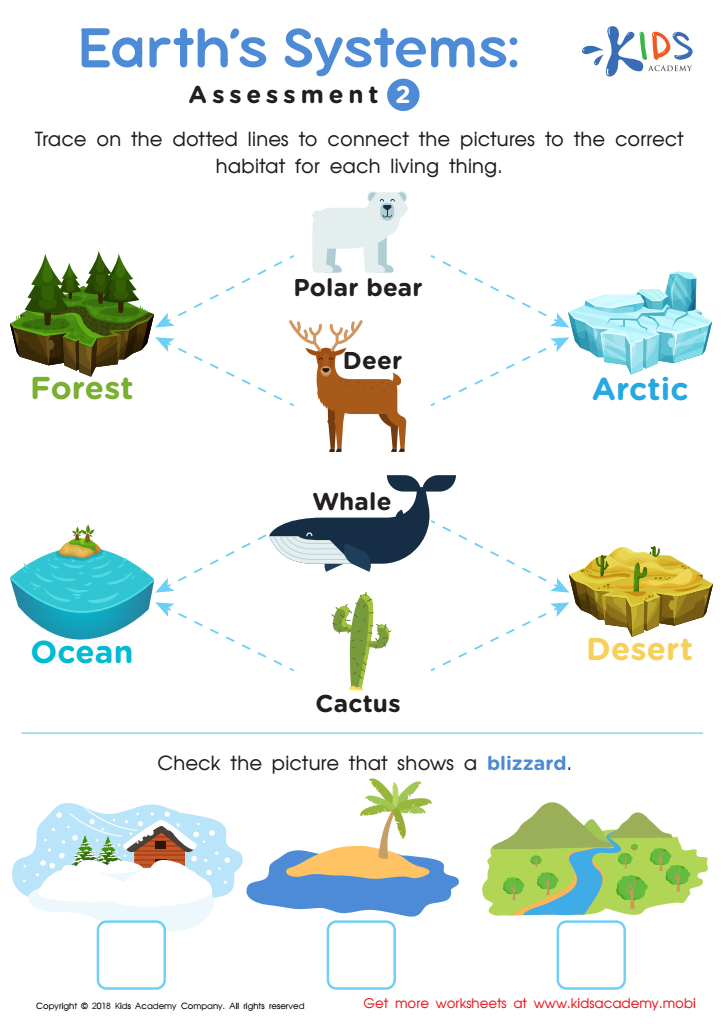

Earth's Systems: Assessment 2
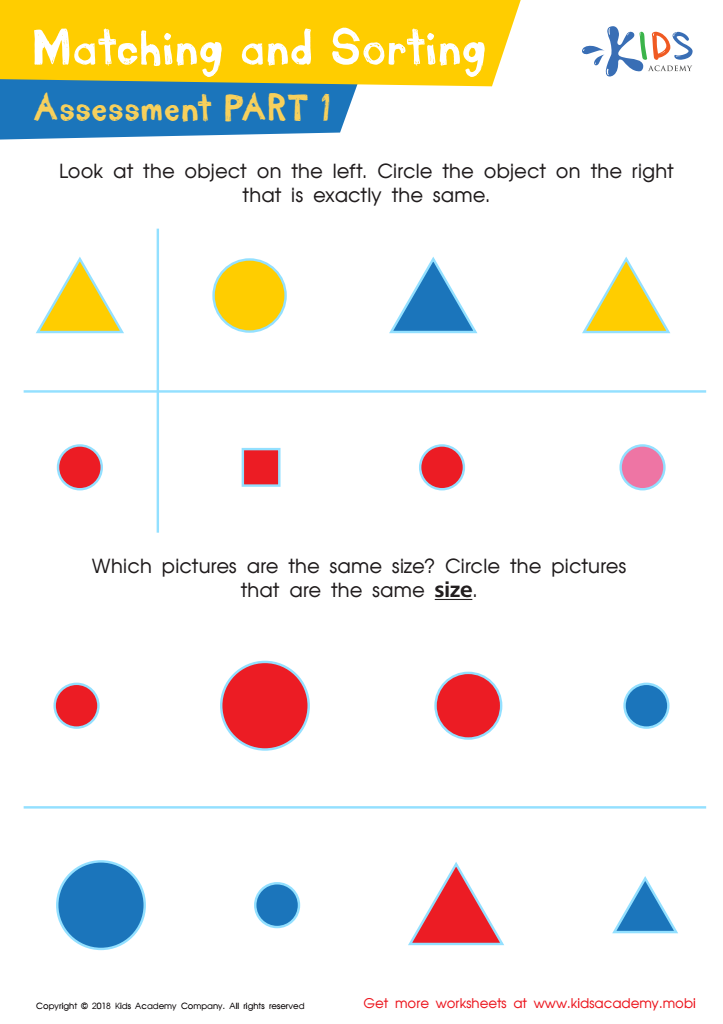

Matching and Sorting for Kindergarten: Assessment 1 Worksheet
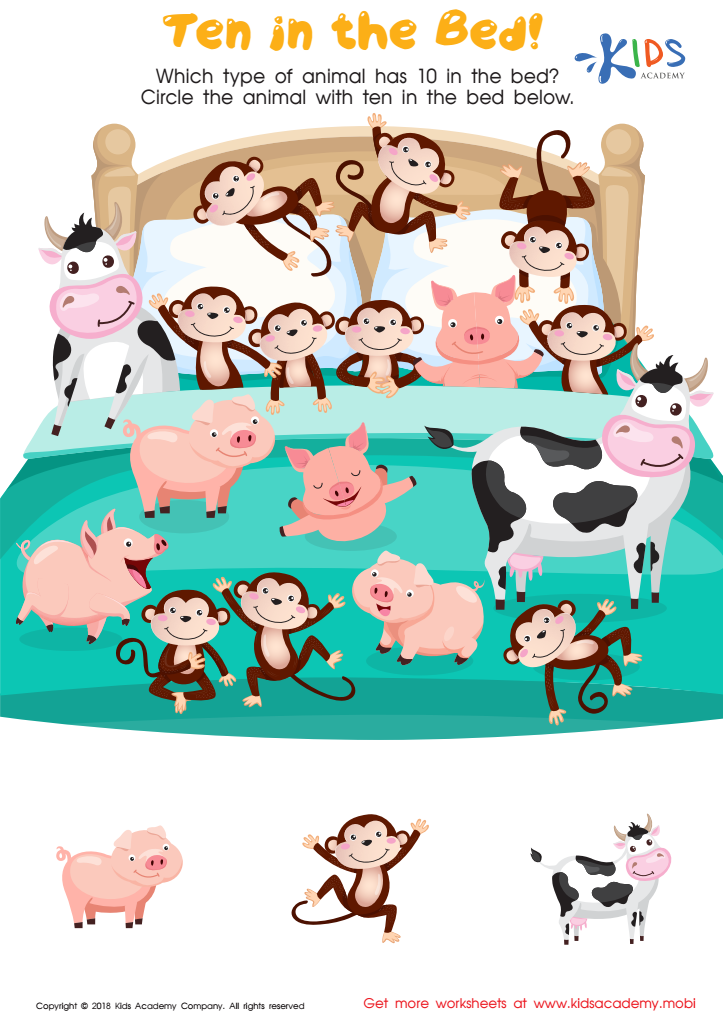

Ten in the Bed Worksheet
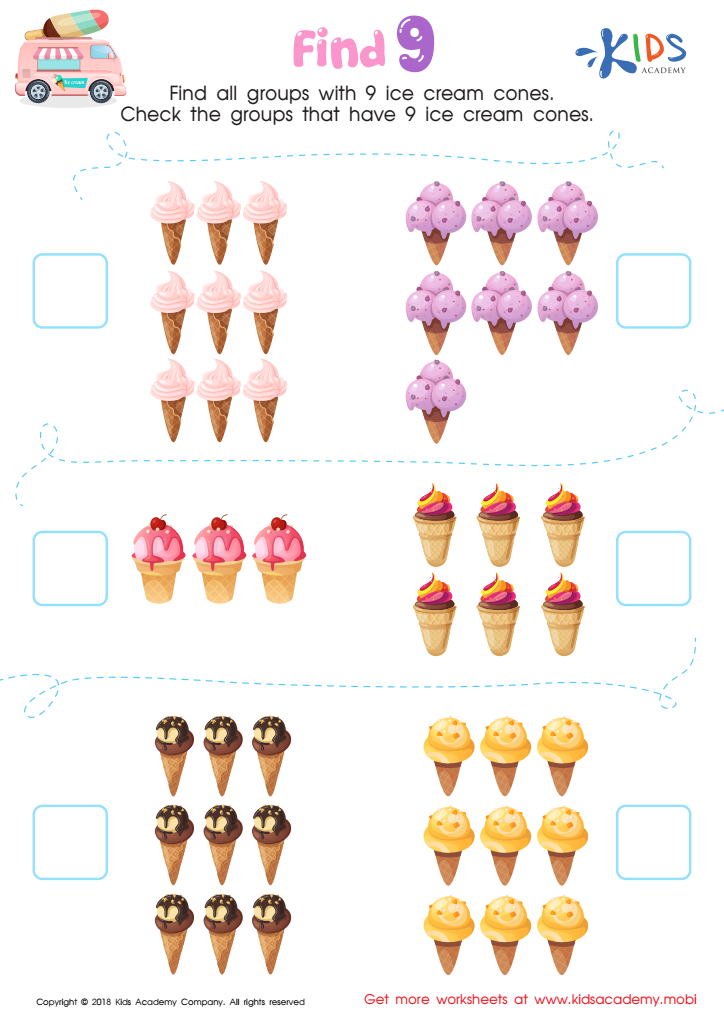

Find 9 Worksheet
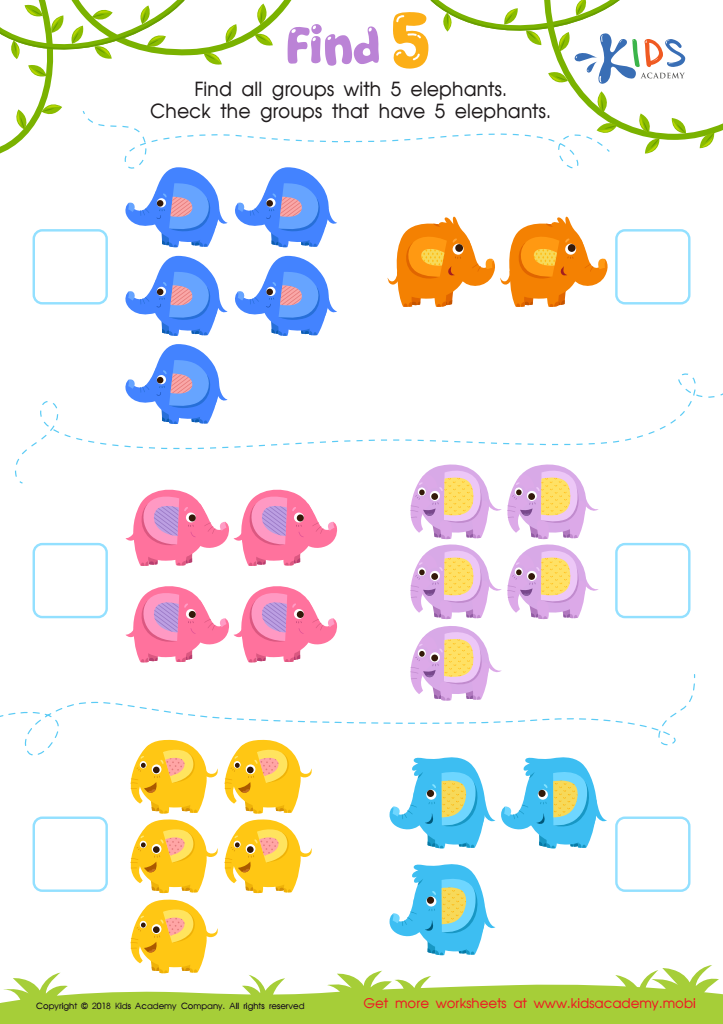

Find 5 Worksheet
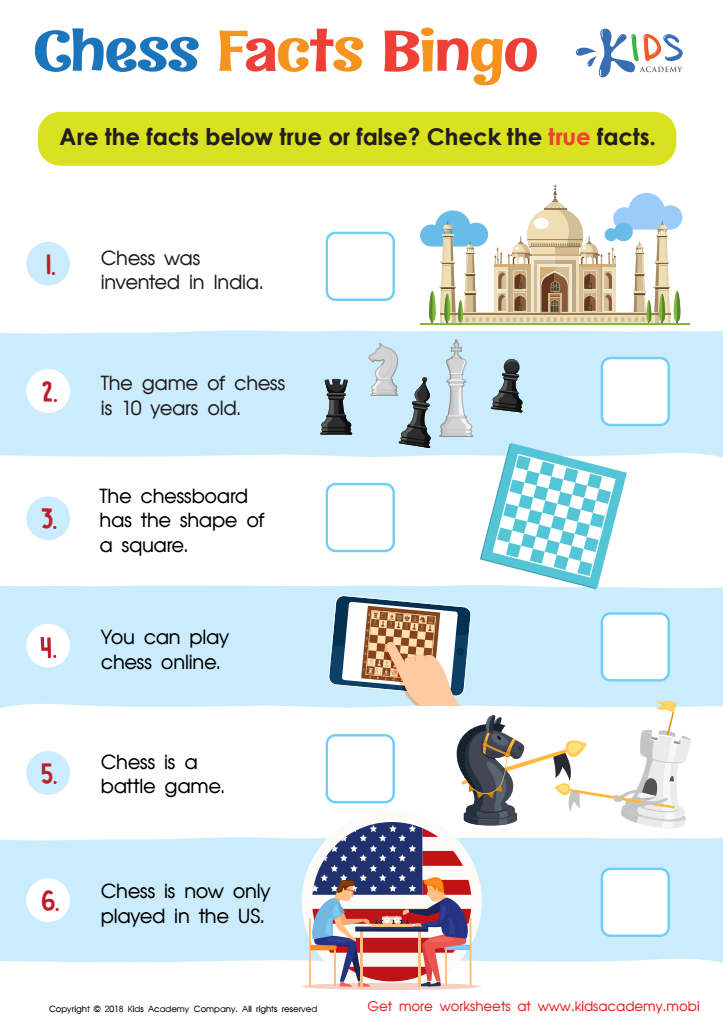

Chess Facts Bingo Worksheet
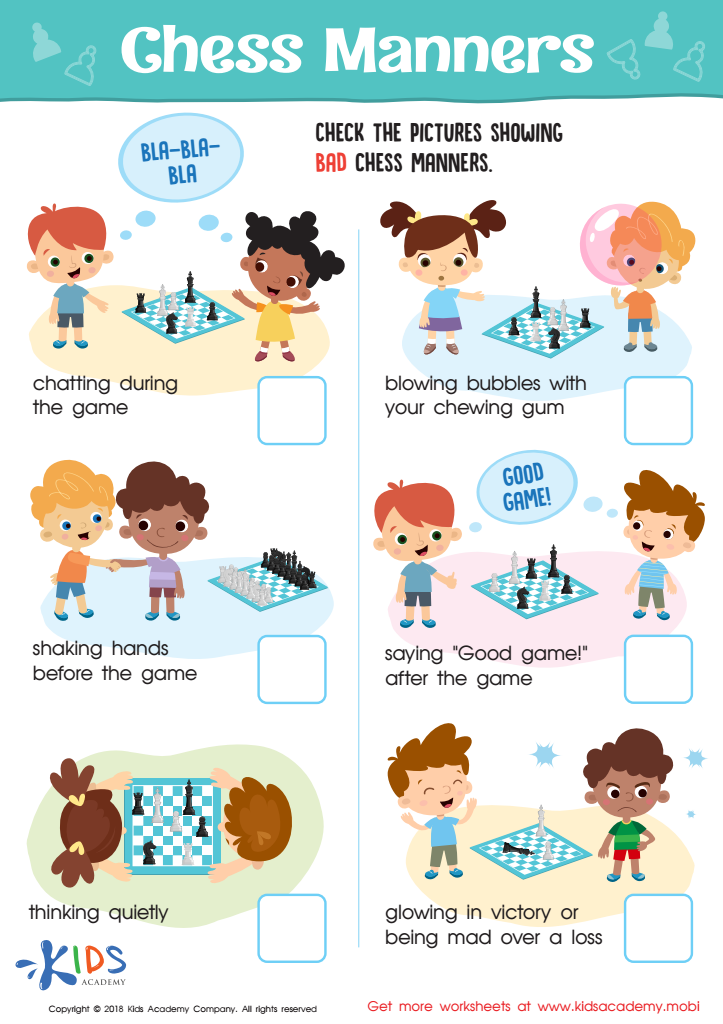

Chess Manners Worksheet
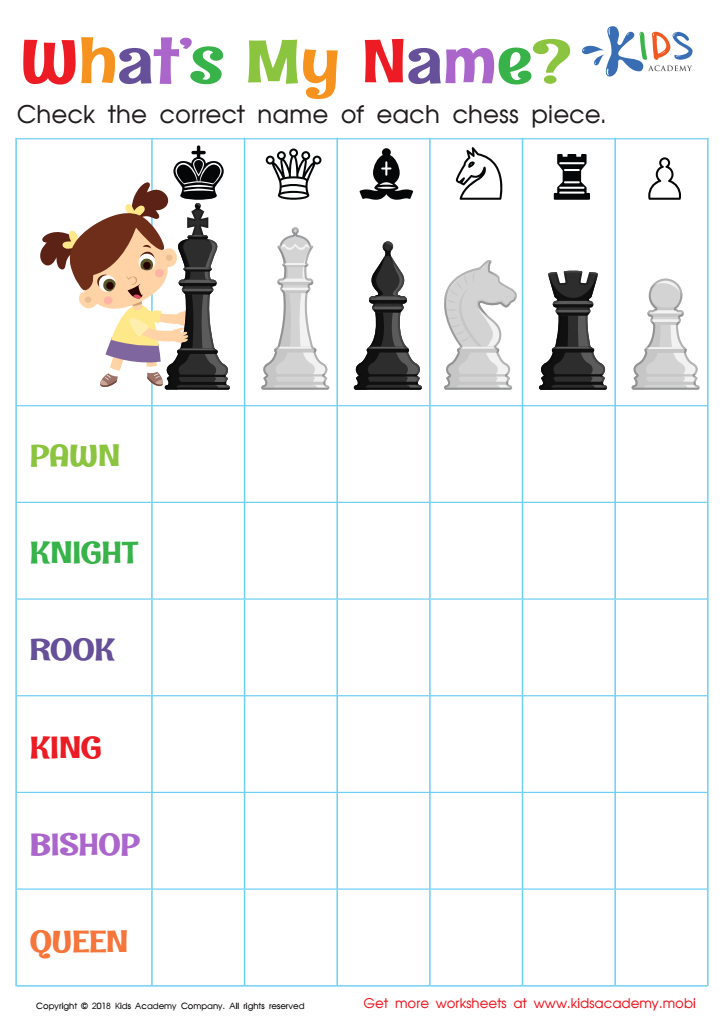

What's My Name? Worksheet
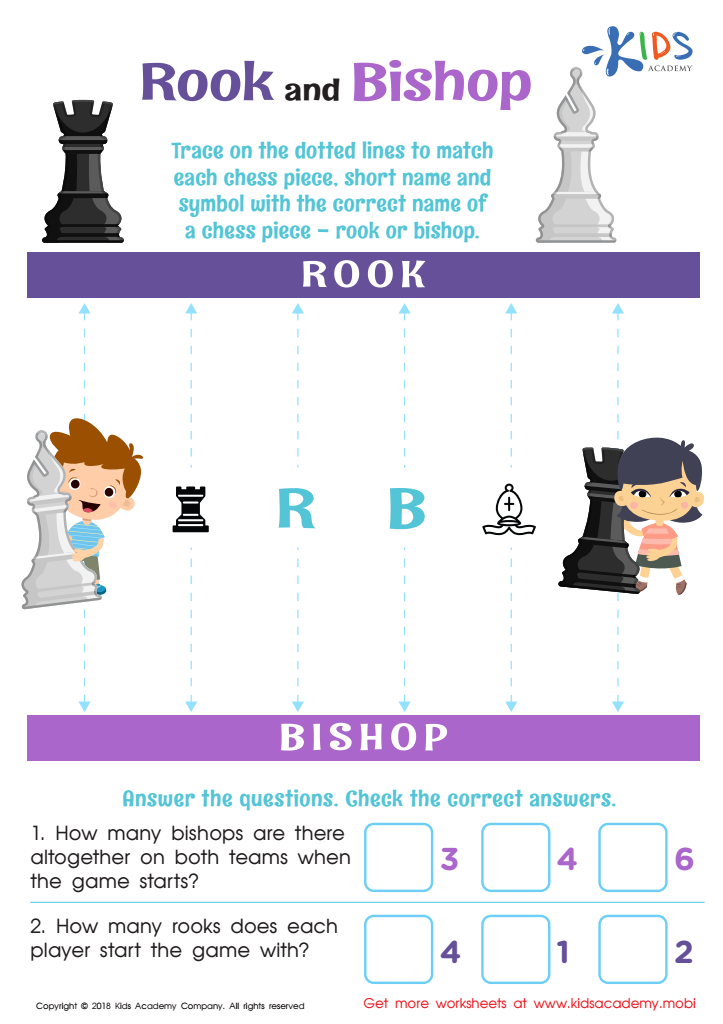

Rook and Bishop Worksheet
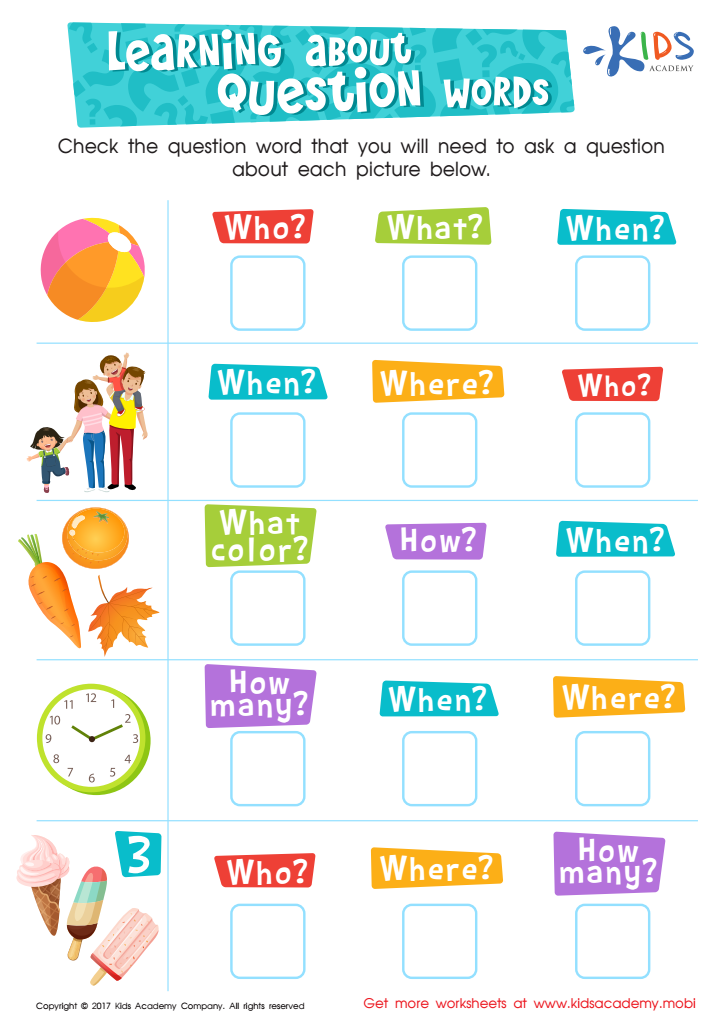

Learning about Question Words Worksheet


Fairy Tale Worksheet: Count and Classify with Rapunzel
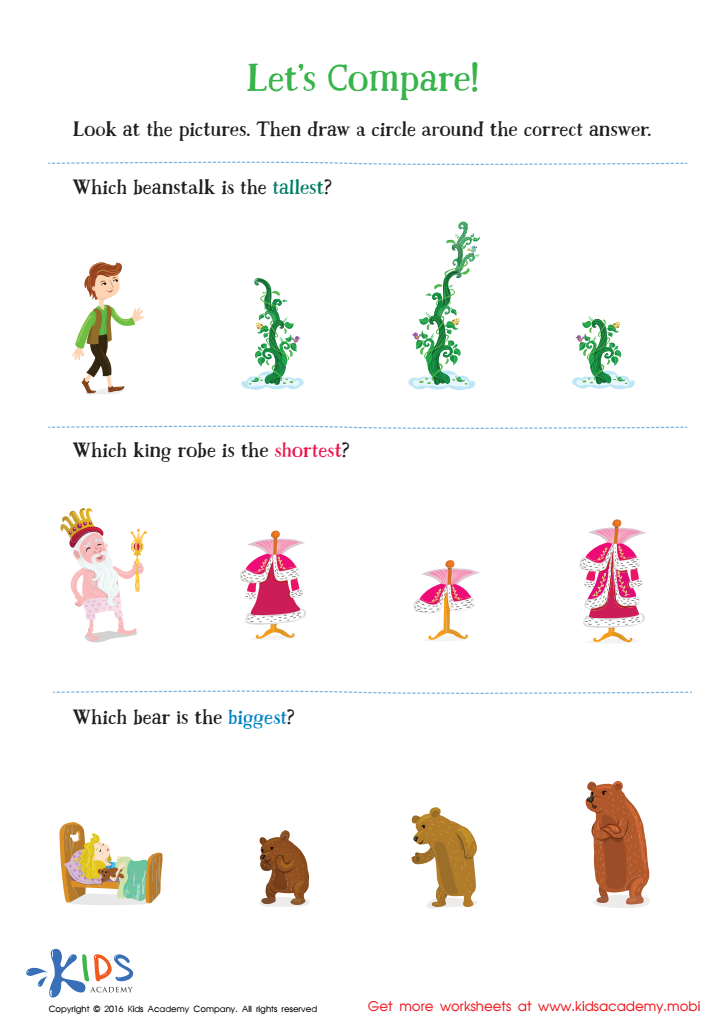

Fairy Tale Worksheet: Let's Compare
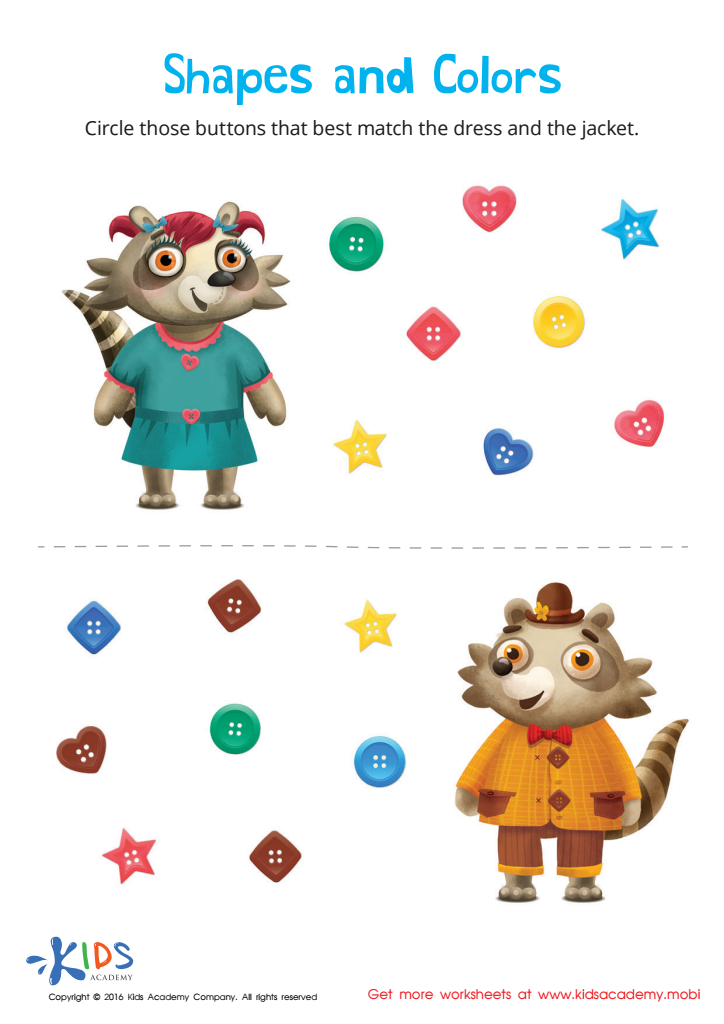

Matching: Shapes and Colors Worksheet
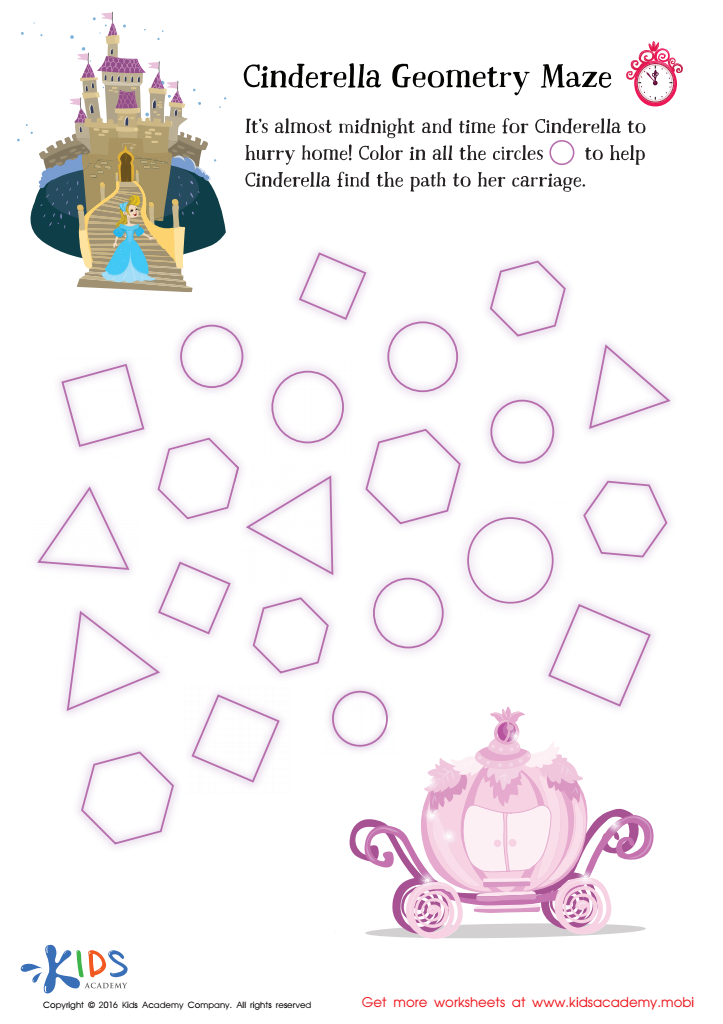

Cinderella Geometry Maze Worksheet
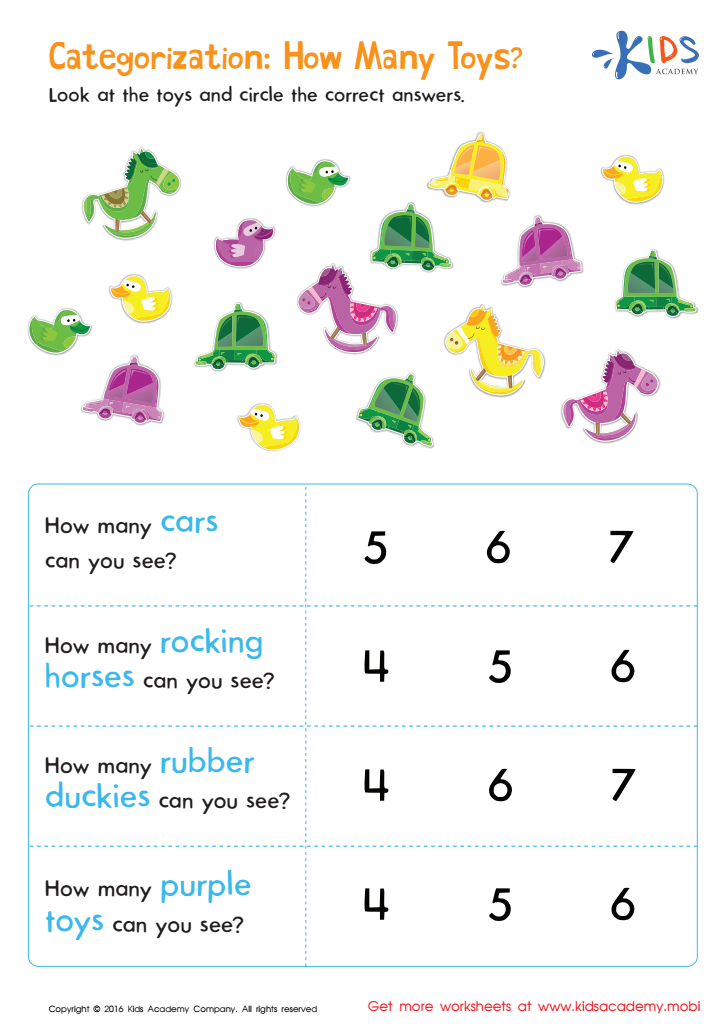

Classifying Toys by Type and Color Sorting Worksheet
Matching worksheets activities for Kindergarten are a cornerstone of early childhood education, providing a foundation for a variety of essential skills that children will use throughout their lives. These activities are not only engaging and fun for young learners but also play a critical role in their cognitive, motor, and academic development.
Firstly, matching worksheets offer a hands-on approach to learning that fosters cognitive development. By identifying similarities and differences, children learn to categorize, a key skill in understanding the world around them. This process enhances their memory, attention to detail, and problem-solving skills, which are crucial for success in all academic areas.
Moreover, these activities are instrumental in developing fine motor skills. As children manipulate pencils or markers to connect or circle matching items, they refine their hand-eye coordination and dexterity. This practice is invaluable, as it lays the groundwork for future writing and other precise movements.
Matching worksheets activities for Kindergarten also serve as an introduction to foundational academic concepts, including numbers, letters, shapes, and colors. By matching these elements, children gain a better understanding of their characteristics and relationships, setting the stage for more complex learning tasks like reading and mathematics.
Additionally, these worksheets can be tailored to match the varying levels of ability within a classroom, ensuring that every child is engaged and challenged. This adaptability makes matching worksheets a versatile tool in the kindergarten teacher’s arsenal, capable of meeting a wide range of educational needs.
Finally, matching activities encourage independent learning and confidence. As children successfully complete these worksheets, they experience a sense of accomplishment that boosts their self-esteem and motivates them to tackle more challenging tasks.
In conclusion, matching worksheets activities for Kindergarten are more than just simple tasks; they are a vital part of early childhood education that supports young learners in developing a broad range of skills. By incorporating these activities into the curriculum, educators can provide a stimulating and supportive learning environment that prepares children for future academic success.
 Assign to My Students
Assign to My Students


